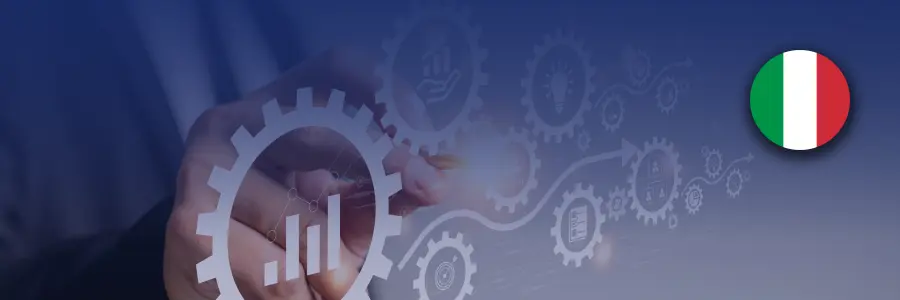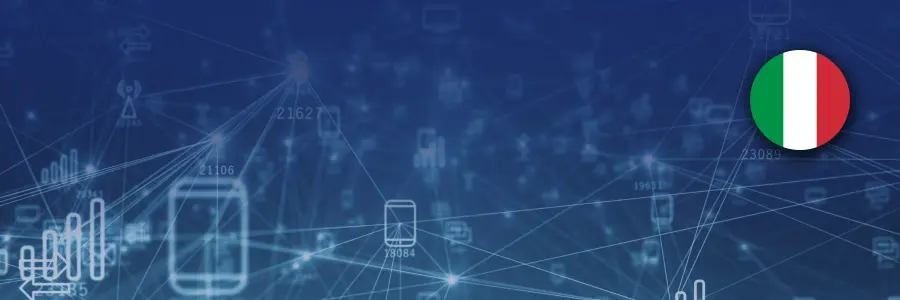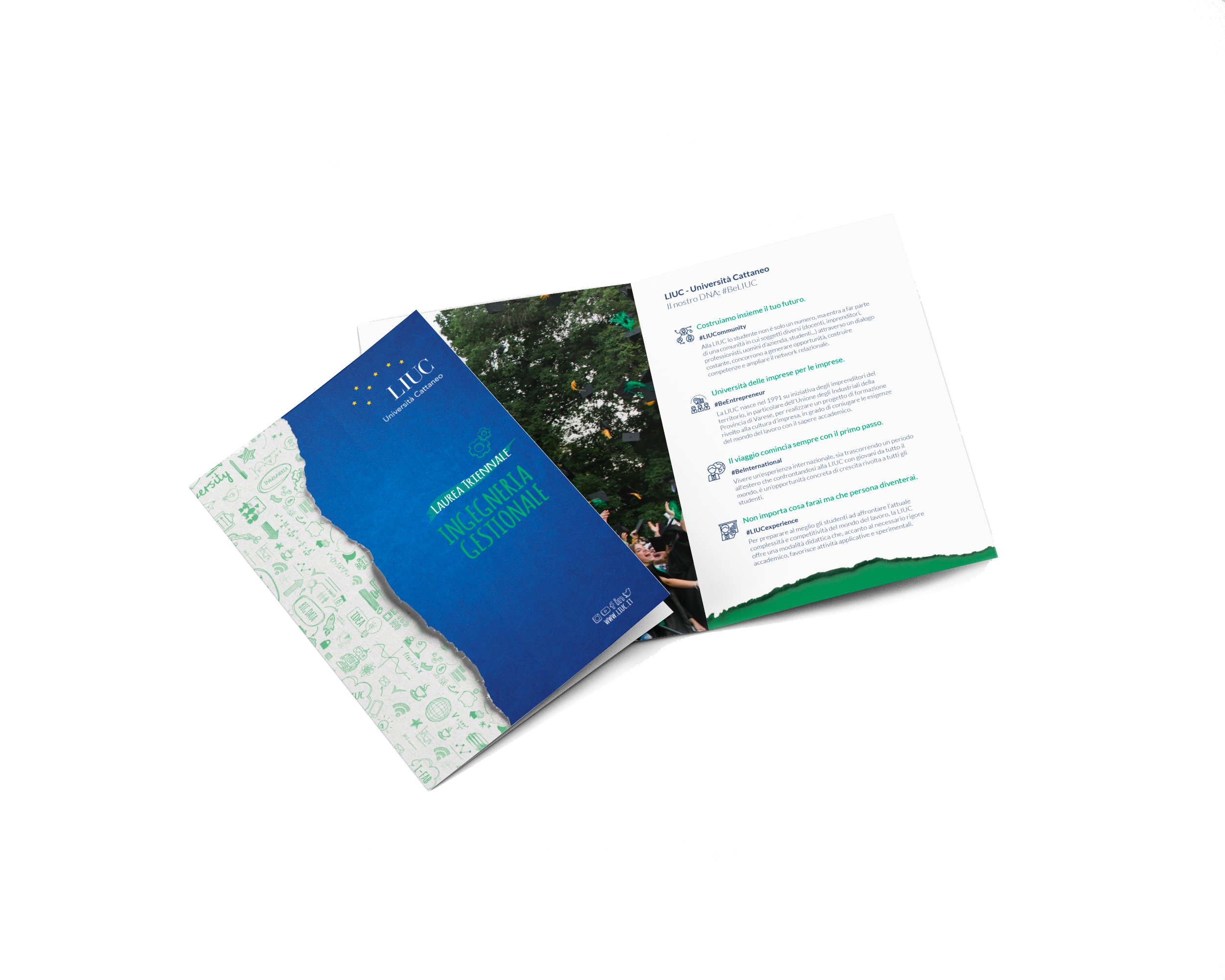Why study management engineering?”
Management engineers are among the most sought-after professionals in today’s labour market.
They are key to the growth and development of companies and public and private organisations thanks to their ability to integrate the technological skills typical of the engineer with managerial skills.
The School of Industrial Engineering at LIUC – Cattaneo University therefore aims to train students who are capable of adapting to a range of contexts and managing complex systems, by attaining a solid knowledge base in engineering and key principles of management, together with interdisciplinary skills, such as the ability to work in a team, critical thinking, attention to environmental and social sustainability issues and multi-disciplinarity.
Why choose LIUC?

Pathways
To obtain a Bachelor’s Degree in Management Engineering, you have to choose between two pathways: an English-language pathway and an Italian-language pathway.
Management Engineering – English-language pathway
This is the first truly international Bachelor’s Degree in Management Engineering in the Italian university world.
It is an elite course of study that gives access both to the world of work and to outstanding master’s degree programmes in Italy and abroad.
It represents a truly international experience thanks to:
- lecturers from prestigious European universities and research centres (for example, in the first year, the area of physics and chemistry is covered by lecturers from the Delft Technology University (Netherlands) and the area of computer science is entrusted to researchers from the CSC in Espoo (Finland))
- one residential week abroad per semester (with accommodation paid for by LIUC) co-organised with universities and research centres with which LIUC collaborates and with LIUC Alumni Chapters (for example, the Fraunhofer Institute in Hamburg (Germany), Cesi Ecole d’Ingenieurs in Paris (France) and the Benelux Alumni Chapter in Brussels (Belgium))
- Internships abroad from the third year onwards
In the third year of the English-language pathway, the specialisation in Industrial Operational Excellence will be available:
Management Engineering – Italian-language pathway
From the third year you can choose between two specialisations:







